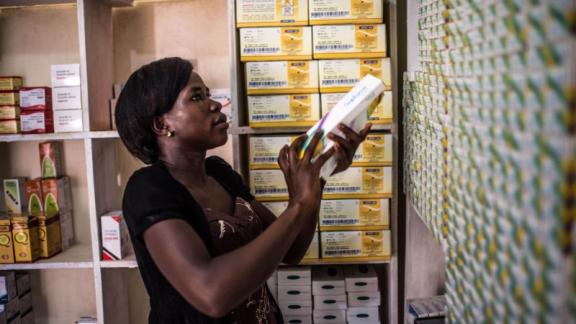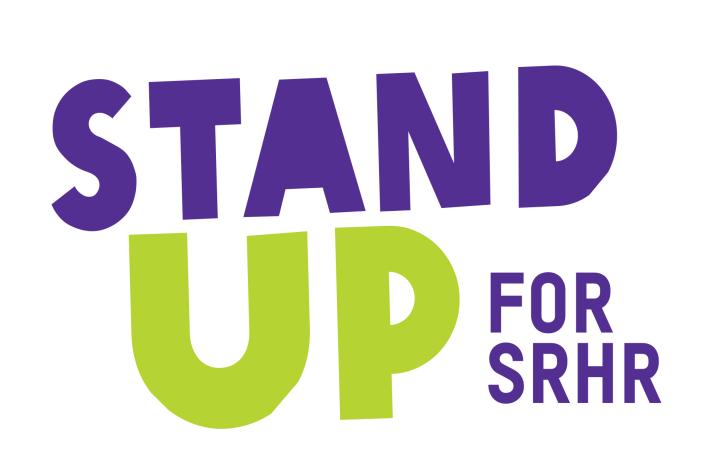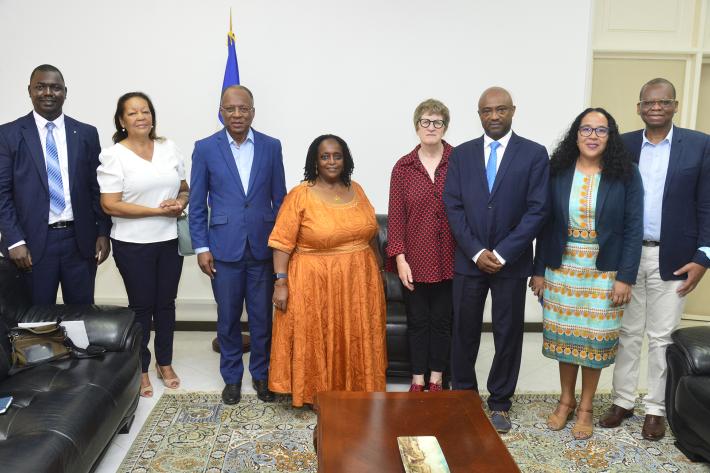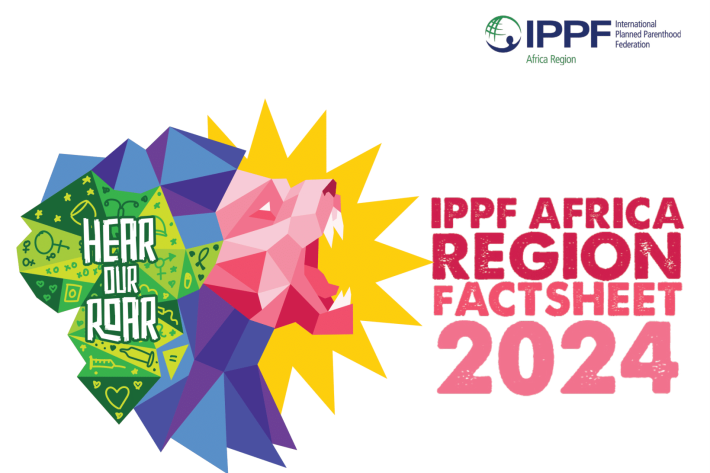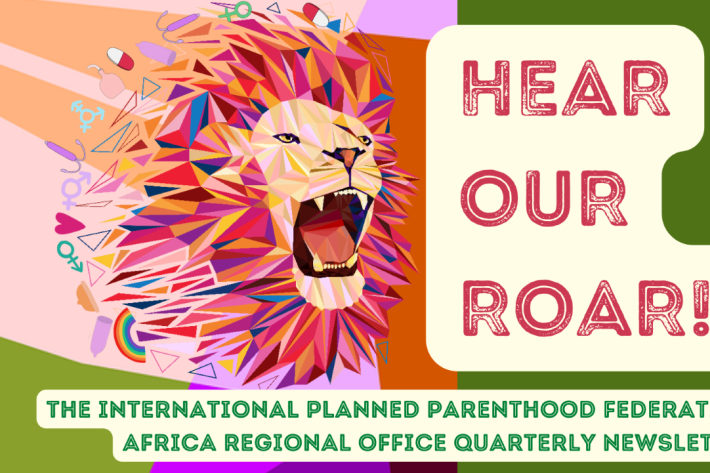Spotlight
A selection of resources from across the Federation
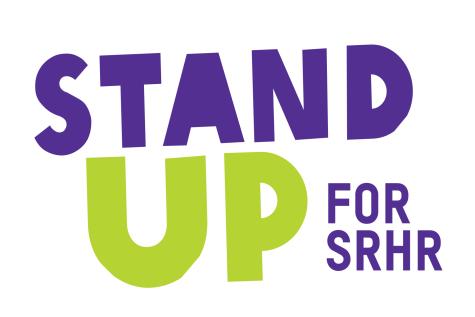
Mozambique, Uganda
Stand Up Factsheet 2025
Healthcare, Rights & Choice: The Stand Up Initiative in Action Imagine a world where every young woman and girl has the power to make informed choices about their sexual and reproductive health. That’s the vision of Stand Up for Sexual and Reproductive Health and Rights (Stand Up)—a groundbreaking 6.5-year initiative driving change in Uganda and Mozambique. Our Impact So Far: 6 service provision clusters established
Filter our resources by:


| 13 October 2016
Ensuring people can get the contraception they want
"We capture the data directly into this app. It maps out what the demand will be and ensures that we never run out of those supplies." Planned Parenthood Federation of Nigeria (PPFN)'s Monitoring and Evaluation Officer, Babatunde, is responsible for ensuring the supply of contraceptives for all the cluster facilities. "My job entails the use of a mobile app built for direct data information capture (DDIC). I created an account for each of the 10 facilities that were under the Clusterplus Model. ClusterPLUS is something of a hybrid. It was built on the foundation of PPFN’s previous work but added new thinking, including ideas developed by IPPF member associations in Kenya and Uganda, who helped PPFN adapt them for Nigeria. At its heart is a simple concept - partnership. The closer you can get to local communities, the better you work with national and local government and more you try to build local ownership, the better. "Before I stock up their store, I audit their supplies and can review their monthly report via the app. I put this into the mobile app as well as the commodities I have supplied them. Every two months, the app forecasts what a particular facility will need based on the contraceptive demand,” says Babatunde. "I provided training on the mobile app for the store keepers at the facilities we worked with. All through the nine months of the Clusterplus Project, no facility ever ran out. This meant family planning methods were always available to those that needed them.” Babatunde has developed a wealth of knowledge about family planning and the many methods available. Clients favoured long-acting methods Implanol and the IUCD.








